Description
Green Manure Tares Organic Seed
Green Manure Tares Organic Seed is an excellent Green Manure variety. It prefers heavier soils where it will add essential nutrients and organic matter when dug in. Does not thrive in acid soils. Sowing rates is 10-15 gm per square meter and can be dug in any time after 8-12 weeks prior to self seeding or left as a ground cover / weed suppressant over winter adding essential nitrogen. Reaches 50cm tall with 30cm spread. (80gm packet is suitable for approximately 5-10 square metres)
Cultivation Advice
- Sow green manure tares in late summer or early fall. They thrive in cooler weather.
- Choose well-draining soil rich in organic matter. Clear the area of weeds before sowing.
- Broadcast the seeds evenly over the prepared soil. Rake lightly to cover the seeds (around 1 inch deep).
- Tares grow quickly and vigorously. They fix nitrogen in the soil, improving its fertility.
- Keep the soil consistently moist, especially during germination. Once established, tares are relatively drought-tolerant.
- Tares serve as a nitrogen-fixing cover crop, adding nutrients to the soil. Before flowering, cut the plants and incorporate them into the soil as mulch or compost.
- After incorporating tares into the soil, consider rotating crops or planting a different cover crop to diversify soil nutrients and prevent diseases.
- Avoid chemical fertilizers or pesticides. Green manure tares naturally enhance soil fertility and health.
- Tares can overwinter in mild climates, providing coverage during the colder months. They’ll continue enriching the soil before the next planting season.
- If you want to harvest seeds for future use, allow the tares to mature fully. Collect the seeds when they are dry and store them in a cool, dry place.
- Vetches, as legumes, have nodules on their roots that host nitrogen-fixing bacteria. This process enriches the soil by converting atmospheric nitrogen into a form that plants can utilize, enhancing soil fertility.
- Utilize vetch as part of crop rotation to break pest and disease cycles naturally. It also acts as a good companion plant, supporting the growth of other crops by improving soil structure and nutrient availability.
- Vetch cover crops can suppress weed growth due to their dense growth habit, shading out weed seeds and preventing them from establishing.
- Vetch flowers attract pollinators like bees, aiding in pollination in your garden or farm ecosystem. This contributes to the overall health of the area.
- Before the vetch flowers and sets seeds, typically in late spring, cut the plants down. Incorporate them into the soil as green manure or mulch. This breakdown adds organic matter, improving soil structure.
- After incorporation, the decomposing vetch plants release nitrogen slowly into the soil, providing a nutrient boost for subsequent crops.
- Vetch cover crops are particularly beneficial for preparing soil for heavy-feeding crops like tomatoes, corn, or squash. The nitrogen enrichment helps support their growth.
- During heavy rains or strong winds, the dense vetch growth protects the soil from erosion, maintaining its structure and preventing nutrient loss.
- Beyond soil benefits, the presence of vetch cover crops contributes to biodiversity by providing shelter and foraging opportunities for various beneficial insects.
- Regular observation of the vetch cover crop and its effects on the soil can offer valuable insights into its impact on your specific garden or farming system.
- Determine the duration you want vetch to cover your soil. It can be a quick-growing cover for a few months or a more extended cover throughout the fall and winter.
- Plan vetch cover crop timing to complement the growth cycles of subsequent crops. Consider planting it before or after cash crops, utilizing it as a break in the growing season.
- Sometimes, vetch can become overly vigorous. If it starts smothering desired plants or becomes invasive, mow or cut it back to manage its growth.
- Inoculating vetch seeds with specific Rhizobium bacteria strains can enhance nitrogen fixation capabilities, optimizing soil enrichment.
- For organic farming operations, ensure the vetch seeds you use comply with organic standards. Purchase certified organic seeds to maintain compliance.
- Periodic soil testing helps evaluate the impact of vetch cover crops on soil pH, nutrient levels, and overall health. It guides adjustments to subsequent planting strategies.
- Vetches can also serve as forage for livestock if managed appropriately. However, caution should be exercised as some vetch species can be toxic if consumed in large quantities or under specific conditions.
- Adapt cultivation methods based on your observations and experiences with vetch cover crops. Experimenting with different approaches allows for continual improvement in your organic farming practices.

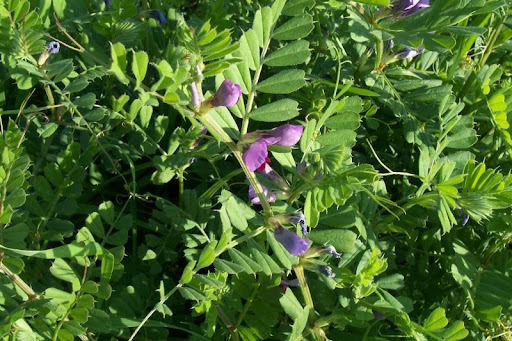
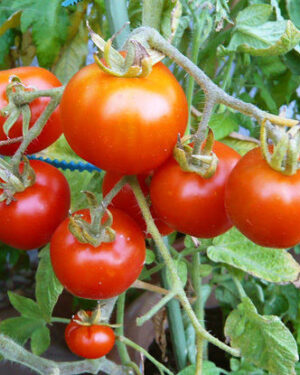
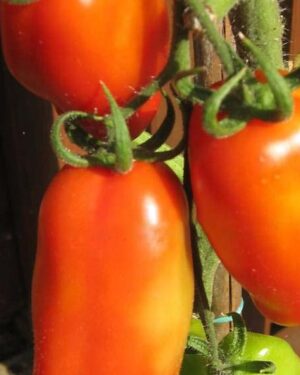
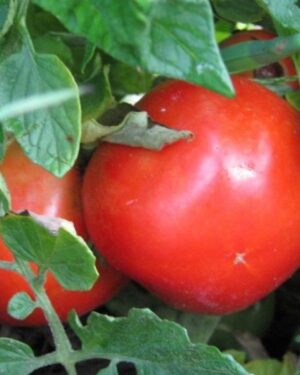


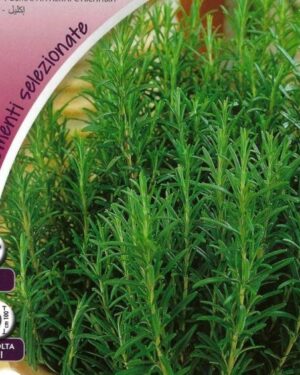
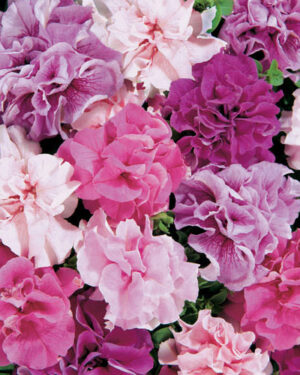
Reviews
There are no reviews yet.